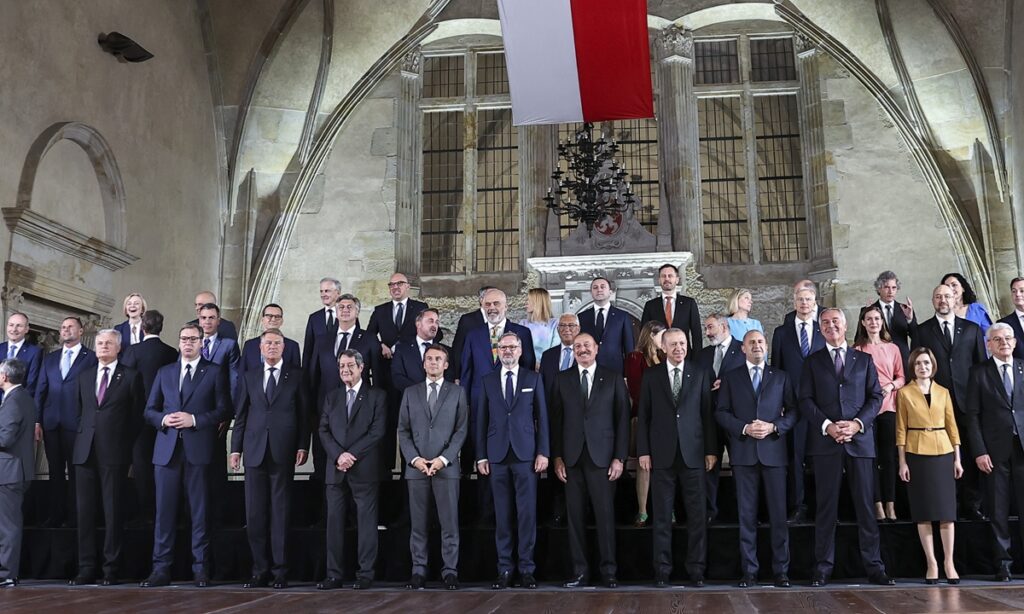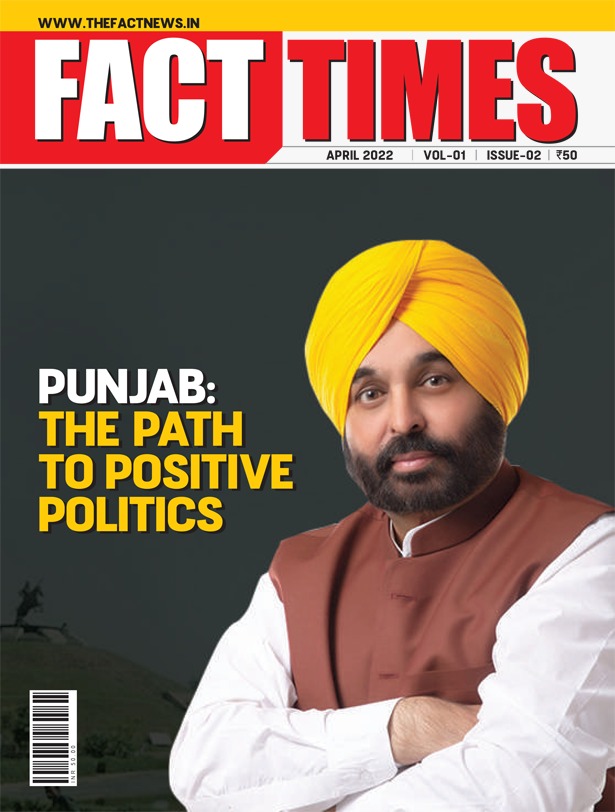From the Editor’s Desk
As the ballots of the European Parliament elections were still being tallied, an unexpected tremor reverberated through the political landscape: French President Emmanuel Macron announced the dissolution of France’s National Assembly. The shockwaves emanated from the surprising setback suffered by Macron’s Renaissance party, which conceded ground to the far-right National Rally party in the European Parliament.
Faced with this electoral setback, Macron opted for a bold gamble, calling for fresh elections scheduled for June 30 and July 7. While the move is aimed at securing a parliamentary majority for his party, it carries significant risks. A failure to sway French voters in his favor could further weaken Macron’s presidency, already scheduled to run until 2027.
Although final tallies (still provisional and undergoing tabulation across the 27 EU nations) are anticipated to grant centrist party coalitions a majority of the 720 seats in the European Parliament, the surge in support for far right and ultra-nationalist parties in Germany, France, and Austria has sent shockwaves through ruling parties. This electoral wave also underscores support for Italian Prime Minister Giorgia Meloni’s far-right “Brothers of Italy” party, while delivering a setback to Green parties.
As EU President Ursula Von Der Leyen navigates the intricacies of forming another coalition government, it’s not just the vote count that demands attention. The underlying issues driving the resurgence of ultra-right parties, including concerns over immigration, inflation, economic slowdowns, and resistance to environmental reforms, require thorough examination.
In her address launching the campaign for her European People’s Party, the largest in Parliament, Von Der Leyen warned of the jeopardy facing “European values” in these elections. She highlighted the challenges posed by populists, nationalists, and demagogues, both within Europe and in the shadow of Russia’s conflict in Ukraine.
For India, the implications of the European vote are significant. Immigration concerns are widespread, necessitating measures to curb illegal emigration while advocating for better terms on mobility agreements to bolster employment opportunities for Indian professionals and workers. Moreover, the EU stands as India’s third-largest trading partner, and any protectionist shift in Europe could disrupt ongoing negotiations for the India-EU Bilateral Trade and Investment Agreement.
Though divisions within the European Parliament over conflicts like Ukraine and Israel may not have direct ramifications for India, a broader trend of fragmentation and disunity in the EU could unsettle the international order. As India looks ahead to the EU-India summit anticipated in early 2025, closer engagement on these multifaceted issues will be imperative.
On a more immediate note, Prime Minister Narendra Modi’s forthcoming engagement with European counterparts and EU leadership during his visit to Italy’s Apulia for the G-7 outreach presents an opportune moment to assess the implications of both the European Parliament elections and the unexpected outcomes of recent Indian elections.













